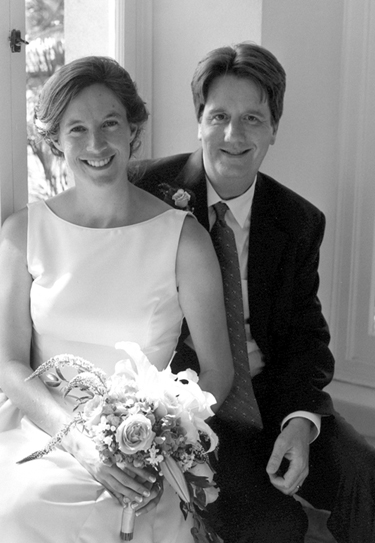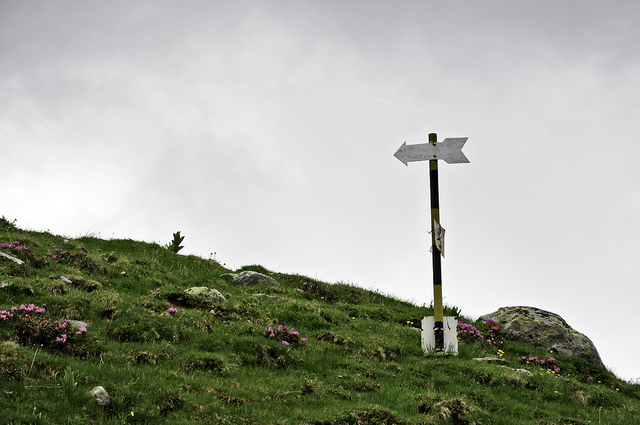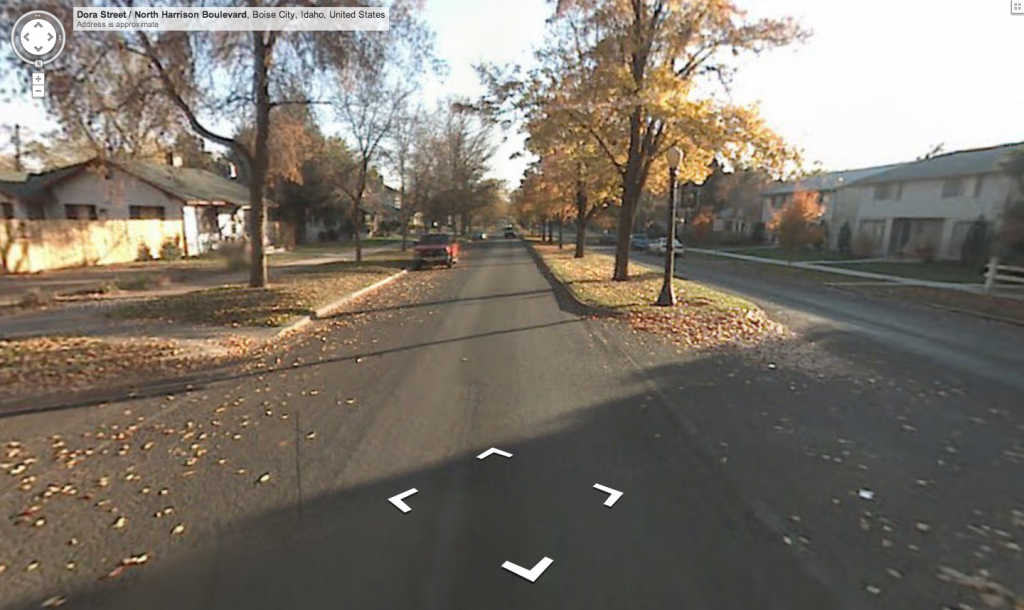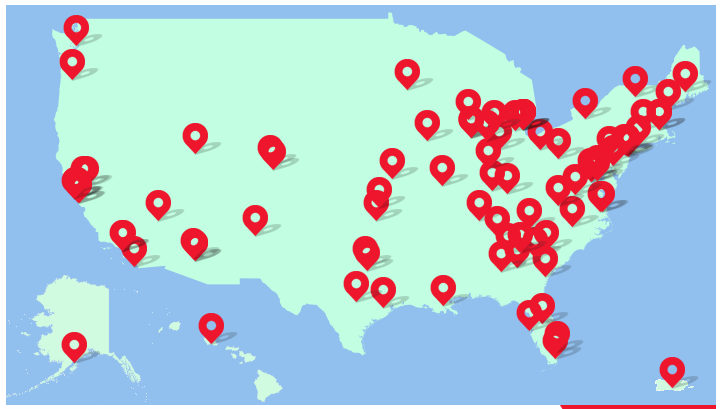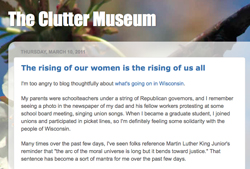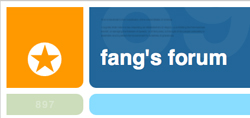Home again, home again, jiggety-jig. I arrived to an insurance company’s decision to total our rear-ended car for an amount that won’t allow us to buy a similar vehicle in the region, a dog needing an expensive outpatient surgery that’s only available halfway across the state, and other assorted household emergencies.
I wanted to share a few thoughts before the internship with Seth Godin recedes too far in the rear-view mirror. Sharing isn’t easy, however, for three reasons: the experience was intense–many days I worked from 7 a.m. to 1 a.m.–and densely packed with learning, it was marked by incredible emotional dynamism, and we all agreed at the outset its details would be off the record. Therefore, I can’t share anything beyond my own experience, though I will certainly point to the result of our efforts if and when it becomes public.
If you had told me five years ago that I’d find a two-week internship with “America’s Greatest Marketer”* to be life-changing, I’d be incredibly skeptical. And yet that’s what it promises to be if I follow through on its lessons.
Seth assembled an amazing team of interns, and there’s definitely a sense going forward that we have each other’s backs. I have new friends I can lean on if I need help with design, user interfaces, development, branding, communication, law, business management, and all manner of other things. It was refreshing to have my skills and expertise be acknowledged and valued so openly by so many people, every single day. So much generosity! (I must remember to infuse my workaday academic life with more of this quality.)
The whole internship—and Seth himself proved particularly adept at this—held up a mirror that showed me not only what I’m capable of, but what stories I’ve been telling myself that are limiting my growth professionally and personally. At one point, we were brainstorming, and I tossed out an idea for a service somebody who is definitely not me could provide, and over the next hour just about everyone in the room leaned toward me and whispered yes, that’s absolutely something YOU SHOULD DO, and Seth provided some very specific ideas about how to launch such a project. I had never considered this particular endeavor before, but it might be both financially and geographically sustainable for my family, and it sits at a pleasant and convenient intersection of my experience, knowledge, skills, and interests.
Alas, that’s all the information I can offer you at this moment. (If you’re interested in the big concepts, Barrett Brooks provides a distillation of the common lessons many of us learned–or, more likely, relearned–during the internship.) I’m still processing everything, though, so undoubtedly bits of my learning will seep onto the blog over the coming months.
Overall, I’m profoundly grateful for the opportunity. I’d do it again in a heartbeat.
*His renown in this arena aside, Seth is so much more than a marketer. If you’re not familiar with his work, I recommend three recent posts of his:
- Perhaps you could just make something awesome instead (on big data)
- The opposite of anxiety (with an excellent definition of anxiety in the first graf)
- Q&A: The writing process (the last paragraph belongs on every college syllabus)
